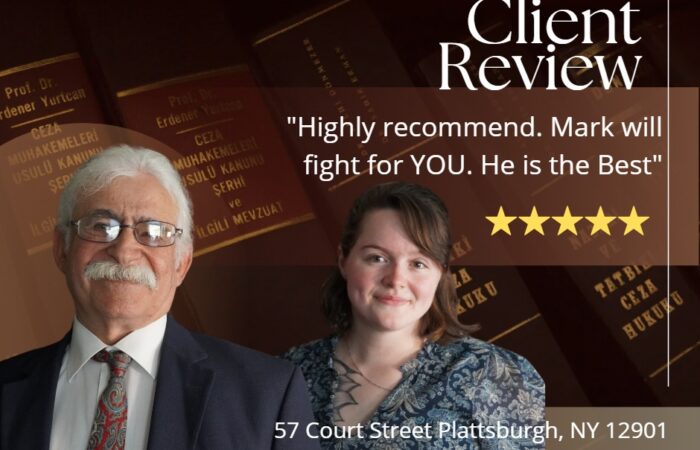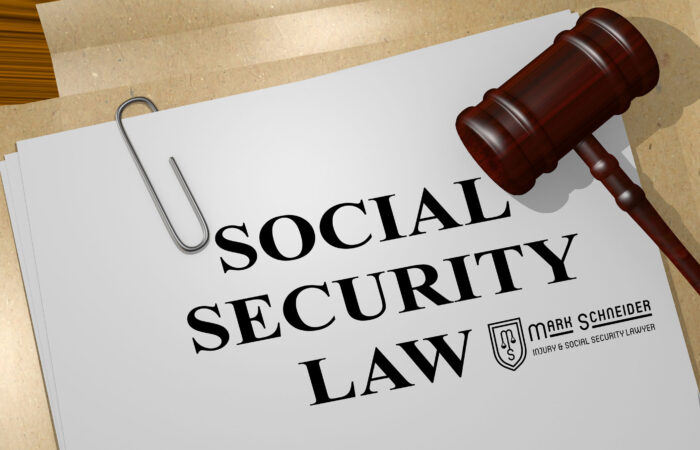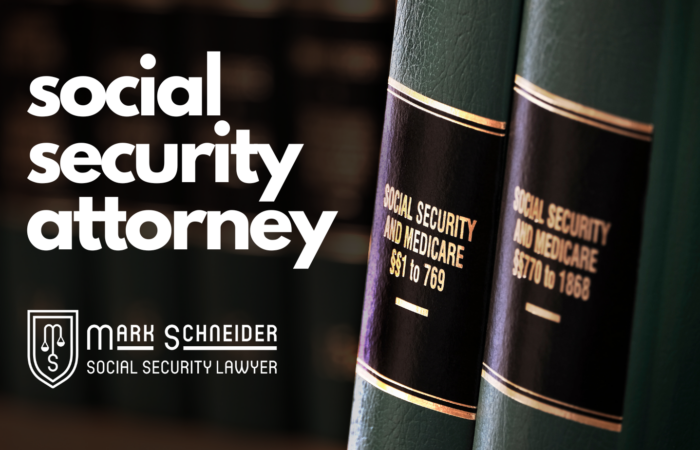On today’s episode of Law Talk with Mark and Drew, we discuss applying for Social Security Disability and Supplemental Security Income. Mark is joined in the studio by his paralegal Kaela Homburger. Together they discuss how to know if you may qualify, how to apply, and what to do if you’ve been denied. It can often take months or years to receive services, and together, Mark and Kaela try to demystify the process.
Transcript:
Amanda: We’re talking about DJing, but we’re supposed to be talking about Law Talk. Here we are for our visit from our friends at Schneider & Palcsik. We have a guest with us, but first, we have Mark Schneider with us. Say hello Mark.
Mark Schneider: Hello.
Amanda: I thought you were going to say, “Hello Mark.” I’m so disappointed.
Mark Schneider: Okay.
Amanda: Our guest in the studio today is …
Kaela Homburger: Kaela Homburger.
Amanda: Kaela, what is your position at Schneider & Palcsik?
Kaela Homburger: I’m the Social Security Paralegal at the office.
Amanda: Well thank you for coming in today. Today we’re back again to talk about all kinds of new stuff today. We’re going to have Mark today. We’re going to talk about how you handle cases, most of which are social security and disability cases. Talk to us and explain to us what the difference is between a social security case and a disability case.
Mark Schneider: Both of these programs are administered through the Social Security Administration. Social Security Disability people can get if they’re unable to work, and they have a work history and have paid into the Social Security System. It’s different than Social Security Retirement, but it’s really funded through the same source. Generally, a person needs to have worked for 10 years. Then, if they are totally disabled, they can collect benefits. The amount is based on how much they’ve paid. Supplemental Security Income, SSI, is for people who are unable to work, but have not paid into the system. It pays a lot less. It pays a maximum of about $800 a month. The thing that is the same for both programs is the standards for being disabled. These are both different than Worker’s Comp. In Worker’s Compensation, if you’re injured on the job, whether or not it’s your fault, you do get payments. That is through your employer. The standard for comp is not being able to do your own past work. Social Security and SSI, if you can do any work if you can do simple, sedentary work, something like sitting behind a microphone and pushing buttons-
Amanda: Talk about sedentary, my gosh.
Mark Schneider: Or being a lawyer would be sedentary, then you’re not disabled. People often say, “Well, but I’ve never done a desk job,” or “I’ve never used a computer,” or “There are no such jobs around here.” That doesn’t make a difference. Many people think that they are disabled, but they really aren’t. What we do in our office, is help people who’ve been denied, either for SSI or Social Security, and we represent them at an appeal hearing.
Amanda: Now, I think you may have touched on some of this. What do you need to do to qualify for this? What is the paperwork that needs to be involved? Maybe that’s where I need to bring you in Kaela. What do you need to bring with you?
Mark Schneider: Let me just …
Amanda: Okay.
Mark Schneider: If you have to apply for both of these programs, and you can do that here in Plattsburgh by going down to the Social Security Office in that nice three-story brick building in the Durkee Street parking lot, conveniently located across from Clinton County DSS. They’ll take an application, or they often will do a phone interview. They gather all your medical records from your doctors, and in about, what? Five or six months Kaela, you get denied or approved.
Kaela Homburger: Sometimes two months.
 Mark Schneider: Sometimes two months, but most people do get denied unless you have something that can be proven through a radiological test or a blood test or you’re blind or there’s a certain objective test. Most people do get turned down, and that’s when they come to us for help. You’re allowed a hearing in front of a Social Security judge, and we represent them. We gather their evidence, but if we decide somebody has a good case, and my standards are lower than a judge. There are people who may not have a perfect claim, but we’ll represent them. Once people talk to us, and we think they have a valid claim that they can substantiate their inability to work through medical records, then I send people over to Kaela. Then what do you do, Kaela?
Mark Schneider: Sometimes two months, but most people do get denied unless you have something that can be proven through a radiological test or a blood test or you’re blind or there’s a certain objective test. Most people do get turned down, and that’s when they come to us for help. You’re allowed a hearing in front of a Social Security judge, and we represent them. We gather their evidence, but if we decide somebody has a good case, and my standards are lower than a judge. There are people who may not have a perfect claim, but we’ll represent them. Once people talk to us, and we think they have a valid claim that they can substantiate their inability to work through medical records, then I send people over to Kaela. Then what do you do, Kaela?
Kaela Homburger: I establish the foundation of our client contact. You’ll come in and meet with me for about an hour. We go over your history of medical physicians and procedures to make sure we get all the information we can to show that you are disabled by the Administration’s rules. It’s important to crosscheck the records that were used to make that initial determination of that denial to see if they were missing anything important because we can submit evidence for that period of time that they were looking at. Then it’s important to use that information to continue getting your records and pulling in more evidence up until your hearing date. Usually, you meet with me for about an hour, and we go over medication lists and different doctors and E.R. visits. Anything that really relates to your disability or your work history, and we get that all in one centralized place and continue working on your case until the hearing date.
Amanda: We do want to take a moment to quickly say that you’re listening to Law Talk with Mark and Drew, attorneys from Schneider and Palcsik. If you have a question that you’d like them to discuss or need the help of an injury attorney, please call 518-566-6666 or visit northcountrylaw.com.
Mark Schneider: Really the most important thing in trying to receive disability is your own doctors have to think and say that you cannot work based on your medical treatment. If people are not being treated, you cannot win. You cannot just say, “My back hurts.” “My knee hurts.” “I can’t see well.” “I’m confused.” “I’m depressed.” You cannot win that case. It’s very important that people talk to their own primary care providers and find out if they can work. Before you apply, it’s always a good idea to see what your doctor or nurse practitioner or physician’s assistant thinks. An interesting note is that nurse practitioners or physician’s assistants treat more and more people here in the North Country. In the past, they were given less weight, their opinions, than MDs. But now social security’s beginning to recognize that it’s hard to see a physician, that we don’t have enough doctors. People need to talk to their own providers, whether it’s physical or mental and get those doctors and providers to support their claim.
Amanda: Basically, do your own. You have to do your part of the work too, either it’s writing down every time you’ve been to the doctor or keeping your medical records a copy, you’re just as important to this, to make sure you keep the best records too, essentially.
Mark Schneider: Absolutely, yes.
Amanda: Now, is there a particular time or place that people should apply? What do you think?
Kaela Homburger: If you are taken out of work, and you know you’re going to be out of work for more than a year, you know you can go down to the Social Security Office and apply. Many people are taken out by their doctors, and their doctors tell them they can’t work any longer. Or if they’re terminated because they’ve missed too much work, or their conditions are making them go to the doctors multiple times a week. That’s causing an absence at work. There’s many reasons in the workforce why you should apply right after you’re terminated or you’re pulled out. Or if you are eligible for SSI, and you have the medical disability, and you’re unable to work, you can apply for that anytime.
Mark Schneider: Something that Drew has talked about is when you’re being treated, everything you say may be taken down. I know Drew has talked about it in the context of being in the emergency room after an accident. But whenever a person talks to their primary care provider or any doctor, that is being written down. Sometimes it’s not always right, but often it is. Later on, at a hearing, when we’re looking through your case, those notes are there for a judge to read. One of the most important things is the credibility of a person at a hearing. Unfortunately, we’ve had people, the judge may say, “So when’s the last time you drank?” And the person may say, “Oh I haven’t drank in years.” And we look at the record and four weeks ago, it was like, “Well doc, I drank too much, and I fell down and broke my ankle.” So that may be the second most important thing after getting your own doctor to write a letter or fill out a form saying you’re disabled, is being credible.
Amanda: Right.
Mark Schneider: This is true in any kind of court situation. If a person tells a little white lie or a little fib in one thing, then everything else you say is not believable.
Amanda: Right. It’s best to be honest from the get-go, really.
Mark Schneider: The truth is really the easiest and the best. It’s easy to remember, and we always recommend that people don’t exaggerate, don’t minimize, but tell the truth.
Amanda: Absolutely. We have just a little bit of time before we wrap up. I know that you said it does take a long time to do this, but is there anything to speed up the appeals process?
Mark Schneider: Not much. There are a few. If you’ve had an eviction notice or a shut-off notice or a foreclosure notice, sometimes we can speed it up a little bit. For Army Vets, we can speed it up. For people who are terminally ill, we can speed it up. But there are so many people with appeals, and there are not enough judges, and Congress does not give enough money for more judges, that there’s really not a lot we can do. The timeline would be they file a claim, and like Kaela said, it’s like two to six months. Then after that, they come to us. From when we file the appeal, it’s another 18 months for a hearing.
Amanda: Wow.
Mark Schneider: People call us and say, “Hey, how come I don’t have a hearing yet?” It’s because the system is very backlogged. Then after the hearing, it can take two, three, four months to get a decision. It’s very frustrating for people who are injured, can’t work, and don’t have money. And we do our best to hold people’s hands and guide them through the system. We really know how it works, and we really do care. We want to help. We know that people are suffering during this process. Kaela gets a lot of calls from people, and I think she should get an honorary degree in psychology just for really understanding people’s frustrations. Sometimes people want to take it out on us, but we really try to be understanding and walk through this very complicated system.
Amanda: Yeah, you guys are on their side, so be a bit more kind. You’re all working together for the same goal, which is to get you on your way and to get you the satisfaction.
Kaela Homburger: Exactly.
Amanda: We don’t take phone calls on this, so I will apologize. This is not a call-in show, but if they want to stay on hold, we can get them the number they can call the office. We are just about out of time. But I want to say is there anything else before we wrap up, that you guys would like to mention? It’s okay, if you don’t have anything.
Kaela Homburger: I think it’s just important if you are unsure, or you think you may be eligible for disability, just give us a call. We’ll talk to you. We’ll let you know if it’s something.
Mark Schneider: We don’t charge anything up front. We only get paid if we win, so we want to win.
Amanda: That number, if you do want to call, is 518-566-6666, or you can visit northcountrylaw.com. Thank you for coming in today. We want to remind you that that’s it for today’s show.
Law Talk is provided for educational and informational purposes only, and should not be construed as legal advice or as an offer to perform legal services on any subject matter. If you’ve been hurt and don’t know what to do, call Mark and Drew at 518-566-6666.
Need a Social Security Appeals Lawyer?
Mark Schneider are 5-star rated lawyers. You need a lawyer who has experience and can get you the results that you deserve. Call Mark Schneider and Drew Palcsik for a free consultation at our Plattsburgh office, (518)566-6666 or our Middlebury Office, (802) 382-0062.






